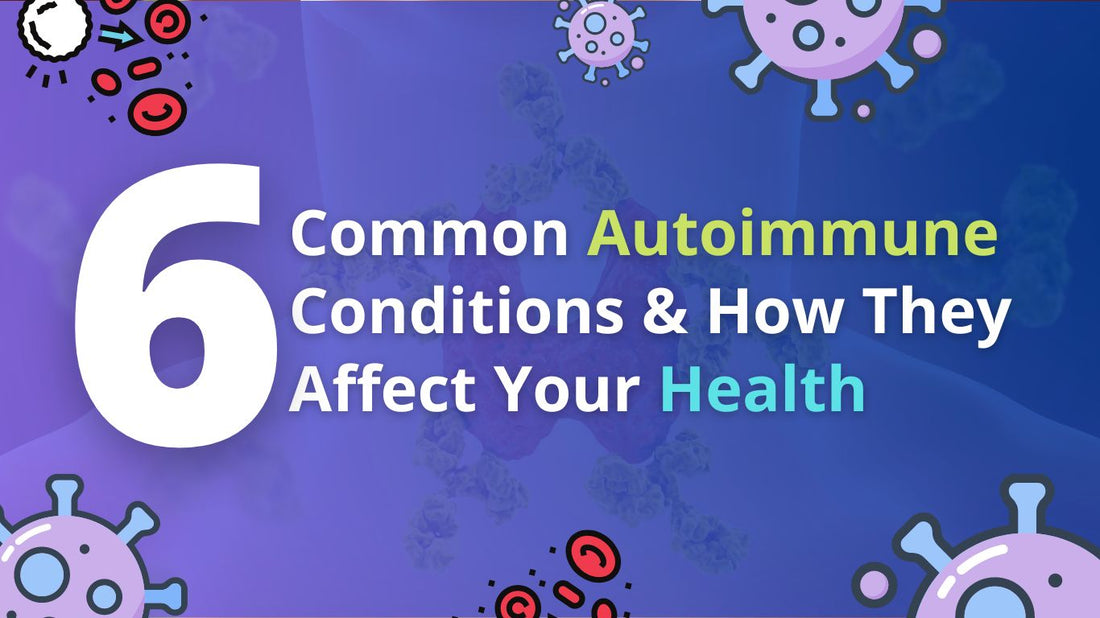The immune system is a complex network combined of certain organs, tissues and cells, along with the substances they produce, which help the body fight disease, infections and toxins. This network is comprised of the lymphatic system, including your tonsils, the spleen, the bone marrow, white blood cells and more. Some of the basic functions of the immune system is to:
- Protect the body from harmful germs, bacteria and viruses
- Protect the body from fungi
- Protect your body’s system from toxins
The immune system is actually separated into two classes:
- The Innate Immune System
- The Acquired Immune System
The innate immune system is the rapid response system that you’re born with, and is the first to respond when it senses a threat invading the body. This system is composed of the skin, the eye’s cornea and the mucus membrane lining the genitourinary tract (the urinary and genital organs) and gastrointestinal tract (the digestive system) together with the respiratory tract (the organs involved in breathing). This system is inherited from your parents, and activated when you are born.
The innate system is the first line of defense and produce the so called “phagocytes”. Phagocytes are specific immune cells which attack and kill invaders, by surrounding and covering any threat it catches.
The acquired immune system is supported by the innate immune system and changes throughout your life. Here is where the so called “antibodies” are formed, when the body is exposed to a threat. Antibodies are a special form of proteins which protect the body from specific invaders and are developed by cells called “B Lymphocytes”, after the body’s been exposed to an invader. This makes the body able to futurely recognize the invader again and defend itself against it.
So what is an Autoimmune Disease?
Autoimmunity is a condition where the immune system begins to attack its own healthy cells, tissues, nerves and other body components, instead of an actual threat. Without going too technical, “autoantibodies” is a certain type of antibody, produced by the immune system, which targets one or more of the body’s own proteins. These autoantibodies are what are at the root cause of autoimmune diseases.
Some degree of autoantibodies are present in all of us and increase with old age, but actual autoimmunity becomes a health issue when things get out of control and the body isn’t able to regulate it’s immune system properly. This condition occurs when the immune system fails in handling itself and the autoantibodies cause pathological and/or functional damage to the organs or tissues it targets.
Common autoimmune diseases include, among others:
- Addison Disease: A condition where the body fails to produce enough of certain hormones, like cortisol, and can result in a life threatening condition, characterized by low blood pressure, fatigue, nausea, dizziness when standing up and darkening of the skin.
- Celiac Disease: A strong inflammatory condition, brought on by a type of allergic reaction to the protein gluten. The inflammation can lead to damage of the intestinal lining, creating other medical issues along with preventing proper absorption of nutrients.
- Graves Disease: A condition affecting the thyroid (the butterfly-shaped gland in the throat). This condition leads to the thyroid overproducing certain hormones, causing symptoms such as anxiety, hand tremors, weight loss, puffy eyes and sensitivity to heat.
- Myasthenia Gravis: A condition where muscles connected to voluntary control weaken and suffer rapid fatigue, caused by a breakdown between the communication nerves and the muscles themselves. Symptoms include weakness of the arms and legs, double vision and difficulties chewing or speaking.
- Type I and II Diabetes: Two types of conditions where the body’s regulation of the blood sugar levels, by use of the hormone insulin, doesn’t function properly. The body either can’t produce insulin or resists it with symptoms including frequent urination, an increased sense of thirst, fatigue, blurred vision or increased feelings of hunger.
- Rheumatoid Arthritis: A condition of chronic inflammation affecting many joints, especially the hands and the feet. The body attacks the joints, leading to painful swellings, bone erosion and joint deformities.
There are about 50 different variants of classified autoimmune diseases with symptoms ranging from mild to severe. Symptoms can be affected by many other aspects, such as environmental factors, genetic influences and a person’s general health state.
The overall common symptoms of autoimmune diseases are indications such as fatigue, joint pain and swelling, skin problems, digestive issues or abdominal pain, swollen glands or a recurring fever.
As modern day living, the fast food culture and a fast-paced lifestyles keeps developing, maintaining a healthy weight and a healthy lifestyle could be said to be even more important, now more so than ever. A healthy body makes for a healthier mind, more energy and a better quality of life. This can go a long way in terms of preventing so called “life style diseases”.
Health is about so much more than handling symptoms. Diet, exercise, food choices and a good life balance plays a major role in our society, and a good sense of health these days is essential to living a better, healthier life, for a longer period of time.

